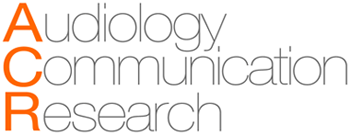ABSTRACT
Purpose
To identify and synthesize evidence on strategies used to train chewing and swallowing in individuals with temporomandibular disorder and orofacial pain.
Research strategy
Scoping review conducted by search in MEDLINE, LILACS, BBO, IBECS, BINACIS, CUMED, SOF, DeCS, Index Psi, LIPECS, and ColecionaSUS (via VHL), Scopus, CINAHL, Embase, Web of Science, Cochrane, and the grey literature: Brazilian Digital Theses and Dissertations Library (BDTD), OpenGrey, and Google Scholar.
Selection criteria
Quantitative or qualitative studies, with no restriction on time or language of publication, with the following descriptors or keywords: Temporomandibular Joint; Temporomandibular Joint Dysfunction Syndrome; Temporomandibular Joint Disorders; Facial Pain; chewing (Mastication); swallowing (Deglutition); Therapeutics; Myofunctional Therapy; Speech, Language and Hearing Sciences. In the first stage, two reviewers independently screened the studies by title and abstract reading. In the second stage, the reviewers independently read the preselected documents in full text. In case of divergences, a third researcher was consulted.
Results
The 11 documents included in the review were published between 2000 and 2018. The mostly used training strategies were simultaneous bilateral mastication/chewing, followed by alternating bilateral mastication. In swallowing, increased mastication time was proposed to break food into smaller bits and better lubricate the bolus; training with upper tongue support was also indicated.
Conclusion
Functional training proved to be effective in rehabilitation, although it was not standardized or performed alone. The studies had low levels of evidence. It is essential to conduct more encompassing and standardized studies, such as randomized clinical trials.
Keywords:
Mastication, Deglutition; Temporomandibular Joint Dysfunction Syndrome; Myofunctional Therapy; Speech, Language and Hearing Sciences

 Thumbnail
Thumbnail
 Subtitle: n = number of publications
Subtitle: n = number of publications